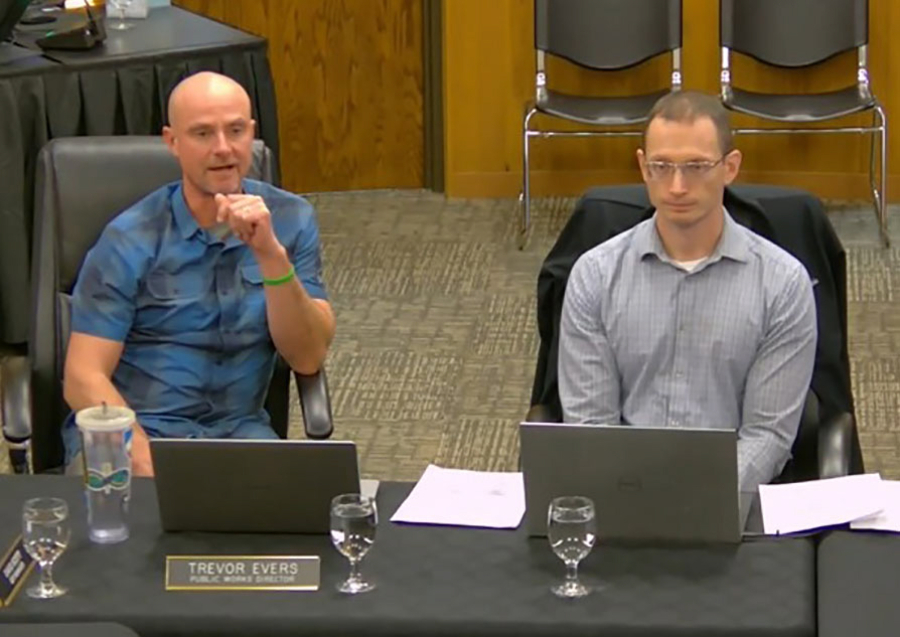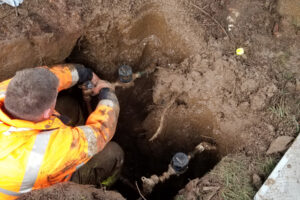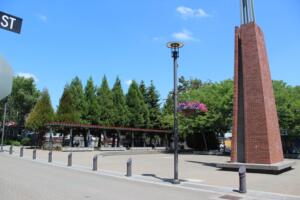Washougal utility customers will see increases in their water, sewer and stormwater bills over the next five years.
The Washougal City Council adopted the new utility rates this week during a Council meeting held Monday, Jan. 22, and said the five years’ worth of utility rate increases for 2024-28 will be less than 3% a year for single-family ratepayers.





